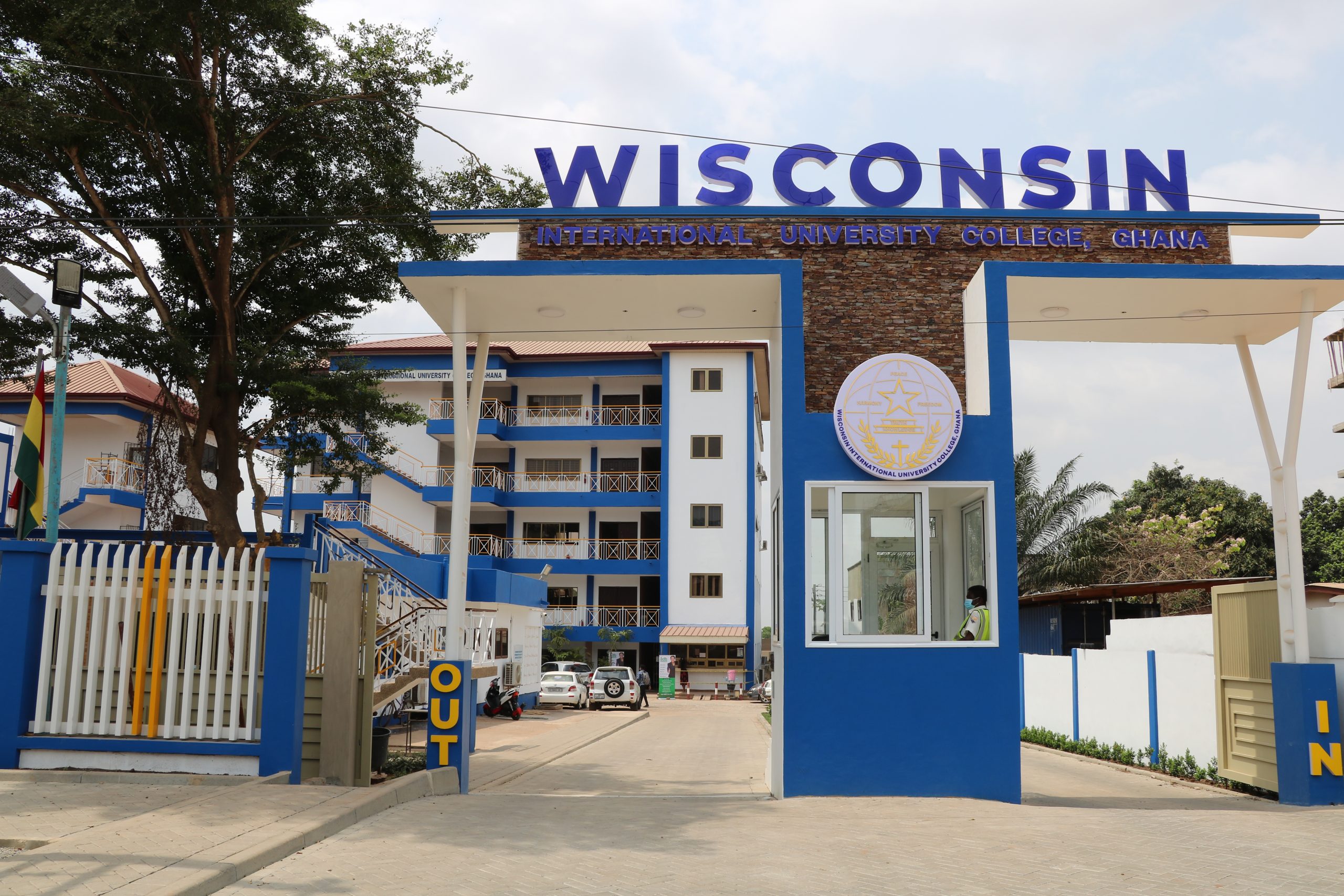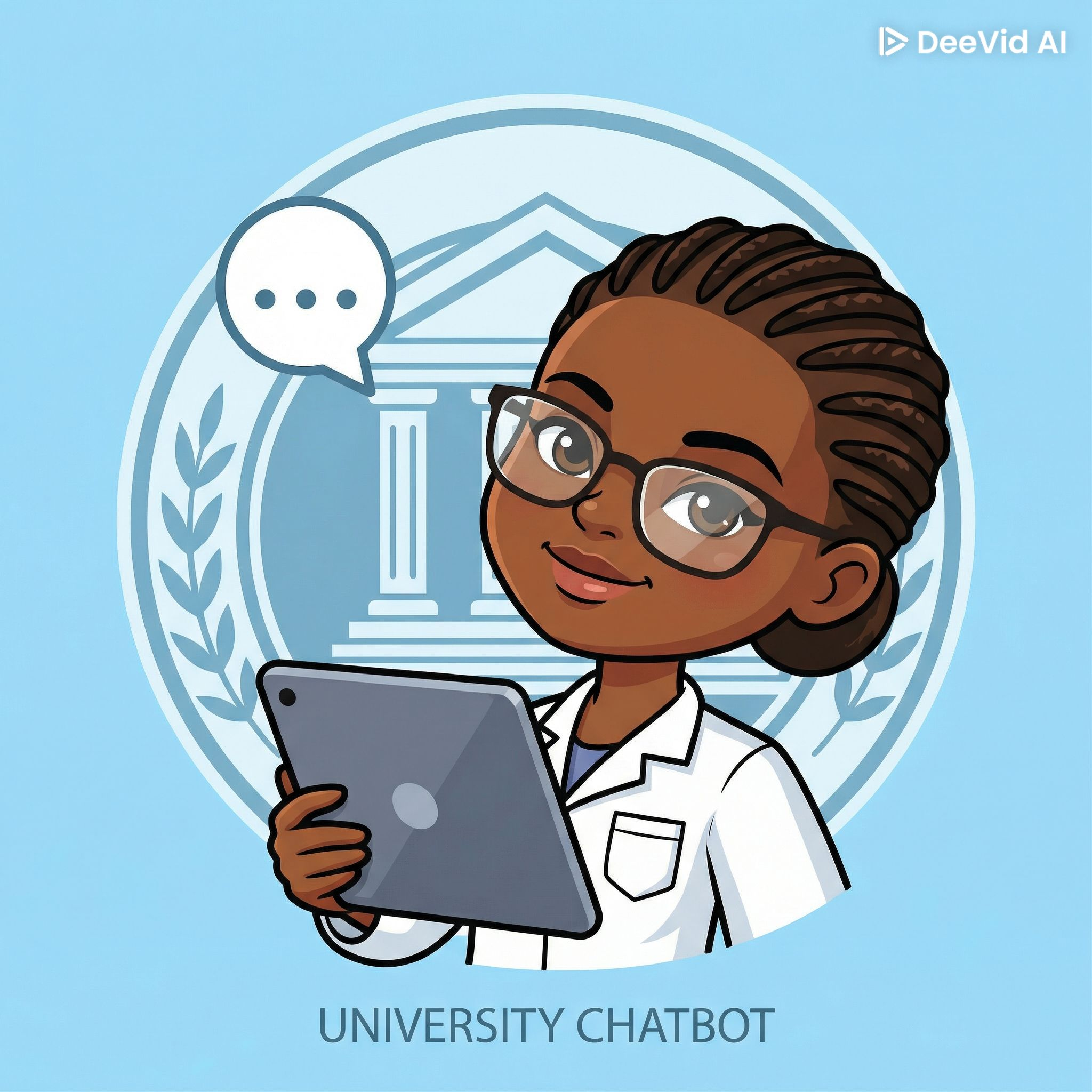Overview
Summary
A one-year programme that provides knowledge, skills and scholarship in global leadership as well as expertise in governance, social transformation and development, particularly in the developing world. The programme examines the dynamics of international cooperation, conflict management and resolution, peaceful co-existence among nations, and humanity in general.
Teaching methods:
Multiple methods of instruction are used, including lectures and discussions, case studies, small group work, and projects.
Study options:
- Weekday Evenings
Courses Offered Include:
- International Relations Theory
- International Economic Relations
- Diplomatic Communications and Practice
- International Law
- Regionalism and Integration
- Ghanaian Foreign Policy
- American Foreign Policy
- International Conflicts and Conflict
- Resolution
- International Finance
- Gender and International Relations
- International Terrorism
- Cyber Security
- Transitional Justice
Career options:
- Corporate Institutions and Private Enterprises
- Diplomatic Services
- International Governmental Organizations (INGOs)
- Non-Governmental Organizations (NGOs)
- Research Institutions
- Public and Private Security Organizations.
Eligibility
1) First-degree holders
Applicants should hold a Bachelor’s degree from a recognised University with at least a Second Class, lower division.
2) Proficiency in the English Language
Payment Options
Overview
Summary
A one-year programme that provides knowledge, skills and scholarship in global leadership as well as expertise in governance, social transformation and development, particularly in the developing world. The programme examines the dynamics of international cooperation, conflict management and resolution, peaceful co-existence among nations, and humanity in general.
Teaching methods:
Multiple methods of instruction are used, including lectures and discussion, case studies, small group work and projects.
Study options:
- Weekday Evenings
- Weekends
Courses Offered Include:
- International Relations Theory
- International Economic Relations
- Diplomatic Communications and Practice
- International Law
- Regionalism and Integration
- Ghanaian Foreign Policy
- American Foreign Policy
- International Conflicts and Conflict
- Resolution
- International Finance
- Gender and International Relations
- International Terrorism
- Cyber Security
- Transitional Justice
Career options:
- Corporate Institutions and Private Enterprises
- Diplomatic Services
- International Governmental Organizations (INGOs)
- Non-Governmental Organizations (NGOs)
- Research Institutions
- Public and Private Security Organizations.
Eligibility
1) First-degree holders
Applicants should hold a Bachelor’s degree from a recognised University with at least a Second Class, lower division.
Applicants should ideally have a post-qualification work experience. Applicants may be required to pass a selection interview.
2) Professional applicants
Applicants who hold membership of a recognised professional body such as Institute of Chartered Accountants, Ghana (ICAG), Association of Chartered Certified Accountants (ACCA), Chartered Institute of Management Accountants (CIMA), Institute of Chartered Secretaries (ICSA), Chartered Institute of People and Development (CIPD), and Chartered Institute of Marketing (CIM) may be considered for admission.
3) Proficiency in the English Language
| MA International Relations Fees | |
|---|---|
| Local Students | International Student |
| $3,000.00 | $4,000.00 |


